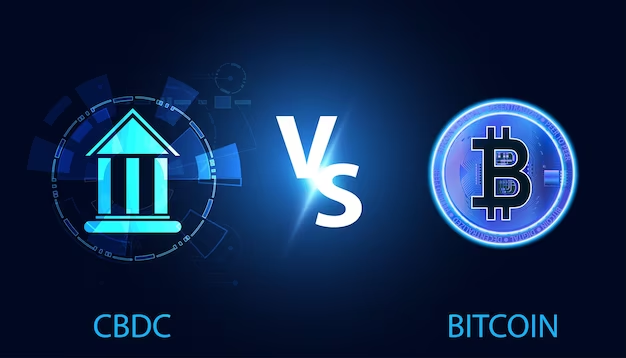Navigating the Ever-Evolving Landscape of Cyberwarfare: Decentralization as a Defense
One of our founder is an ex-military officer who started wondering what could Bitcoin do for defense, self-defense? In the annals of warfare, cyberwarfare stands as a relatively new yet rapidly evolving domain, posing unprecedented threats to nation-states and fundamentally altering the very nature of conflict. Unlike traditional warfare, where battles were confined to physical battlefields and adversaries were easily identifiable, cyberwarfare has blurred the lines, allowing adversaries to strike from anywhere in the world, often under the cloak of anonymity.
The recent Israel-Hamas conflict serves as a stark reminder of cyberwarfare’s insidious nature. Hamas, with its widespread global support, has become a formidable cyber adversary, unleashing sophisticated attacks on Israeli institutions from unknown sources. These attacks, far more advanced than those typically emanating from the Middle East, highlight the growing reach and sophistication of cyber threats.
The potential consequences of cyberwarfare are far-reaching and alarming, ranging from crippling power grids and disrupting financial systems to compromising water supplies (Learn how to prepare for an EMP Attack Here). As we grapple with these emerging threats, we must confront the inherent vulnerabilities of centralized institutions that serve as prime targets for cyberattacks.
In the face of these daunting challenges, blockchain and Bitcoin technology emerge as potential game-changers in the battle against cyber threats. By decentralizing power and authority, blockchain can dismantle the centralized structures that cybercriminals exploit. Moreover, blockchain’s inherent transparency and immutability can provide an unprecedented level of accountability and security.
The path to cyber resilience lies in empowering individuals to assume a more prominent role within institutions, breaking down single points of failure, bureaucratic hurdles, and sluggish development cycles. By embracing decentralization and fostering a culture of innovation, we can transform our institutions into resilient entities capable of withstanding the ever-evolving threats of cyberwarfare.
Bitcoin, with its decentralized and cryptographic foundations, offers a unique approach to bolstering cybersecurity and acting as a form of self-defense against various online threats.
The decentralized nature of the Bitcoin network means there’s no central authority vulnerable to single-point failures or attacks. This decentralization enhances the overall resilience of the system, making it challenging for hackers to exploit vulnerabilities.
Bitcoin’s cryptographic principles also play a pivotal role. By incorporating blockchain-based authentication mechanisms, it becomes more challenging for unauthorized entities to access sensitive data. Smart contracts, programmable self-executing contracts, enable the creation of automated security protocols, reducing the risk of breaches.
Micropayments using Bitcoin can be an effective deterrent against spam. By attaching a small cost to emails or messages, the sender must prove genuine intent, discouraging mass spamming efforts for financial reasons.
Bitcoin’s pseudonymous nature provides an additional layer of protection. Users can engage in transactions without revealing personal information, making it harder for phishing attempts to succeed. Additionally, implementing multi-signature wallets and other advanced cryptographic techniques can further secure digital assets and communications.
We’re building the future of cyberspace self-defense. Message us to learn more or donate to 3FWdbioMYHGLQf8Gf511qP7c8r6pfuZjoQ




















